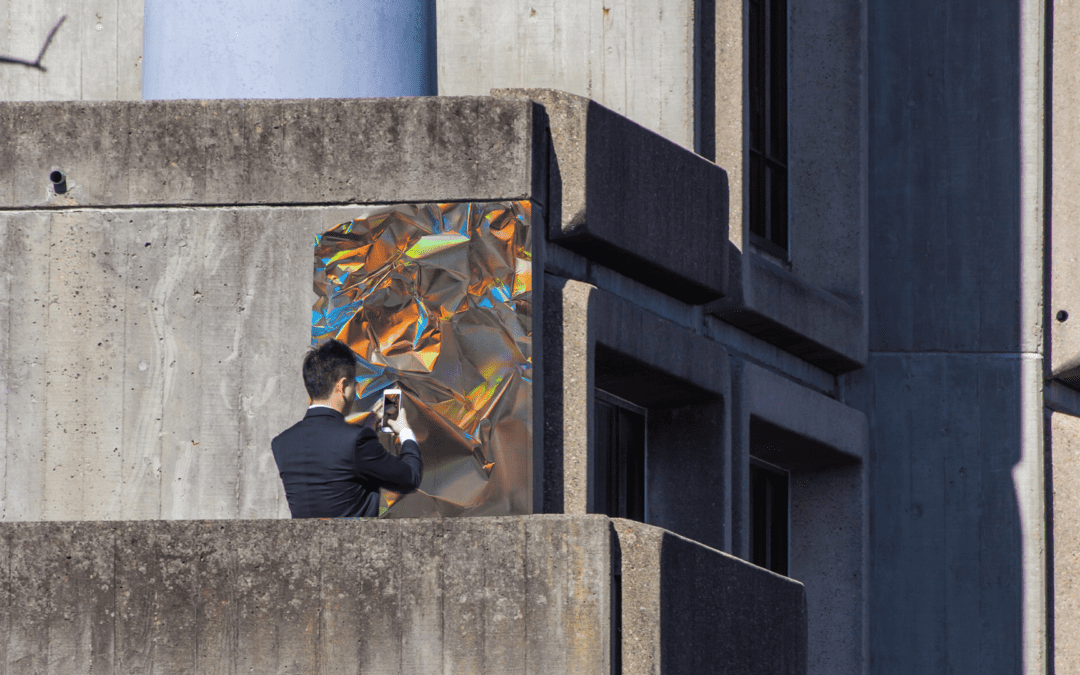According to IDC, by the end of 2020, the market value of VR and AR technology can reach 162 billion dollars. It means there is good news for high tech companies around the world, but not exclusively.
We have already addressed the topic of e-commerce and marketing business solutions in one of the previous articles, that was dedicated to home design apps, but now we want to dig deeper.
Unlike VR, the AR segment is not that often used as a gaming or entertainment tool. Obviously, we have got Pokemon Go, Instastories, and some other popular products that are made primarily for fun, as well as educational and technical niches, being present generally on the side.
But look outside the box – isn’t augmented reality really a sophisticated and showy marketing tool right now? It’s hard to disagree.
Right now, on the market, we have interactive food labels, AR print leaflets and brochures, not to mention scan-and-share QRs. It’s just easy to look at this piece of innovation as the greatest contemporary medium for quick online activities, that are highly engaging at the same time. And that’s just perfect for ad companies – they want the information to be quick, recognizable, and memorable.
Through AR, marketing is getting closer to us – users, consumers. We become the heroes of ads and campaigns every time we use branded photo filters or while trying out a piece of furniture using dedicated mobile apps. The second example is especially relevant as we speak of marketing, including e-commerce.
Thanks to immersive AR experiences, this part of our economy gains a unique possibility to overcome even the hardest obstacle that makes most of us still make purchases in stationary shops – the lack of physical contact with products.
If implemented, AR works perfectly in case of clothing, furniture, home decor shopping. We can project any chosen item in a given space and check its qualities, like size, color, fabric, or even try it out.
But there are business branches that need that kind of boost even more. Especially those, which need their clients to really get the technology and innovation behind their advanced and pricey products. When it comes to B2B commerce, deals tend to be more about the numbers and utility measures, than actual branding.
As you can see above, Stratasys company (3D printers producer) ordered a mobile simulator of J55 printer model 3D printer, that is dedicated to the schools, studios, offices, and more. The software allows us to learn how to use the printer, showing tips and marks, as well as giving us a chance to fit the machine into our own space.
The app includes a three-dimensional and true-to-size model of the J55, giving you an accurate representation of the printer’s design and its functionality in your space. See how you can spin your designs into reality, anywhere. – Visionaries 777 Ltd.
Finally, there is a PCR instrument testing AR application by the Thermo Fisher Scientific company. Laboratory owners can now see how QuantStudio 3D Digital PCR System works and how it can be useful for their business through the learning module, video presentations, interactive workflow guide, and photo-mode to save the PCR setting inside the lab. That’s what we call a successful demo app.
Hope you have enjoyed the read. Don’t forget to stay in touch, following us on Facebook, Instagram, LinkedIn, and Twitter.

